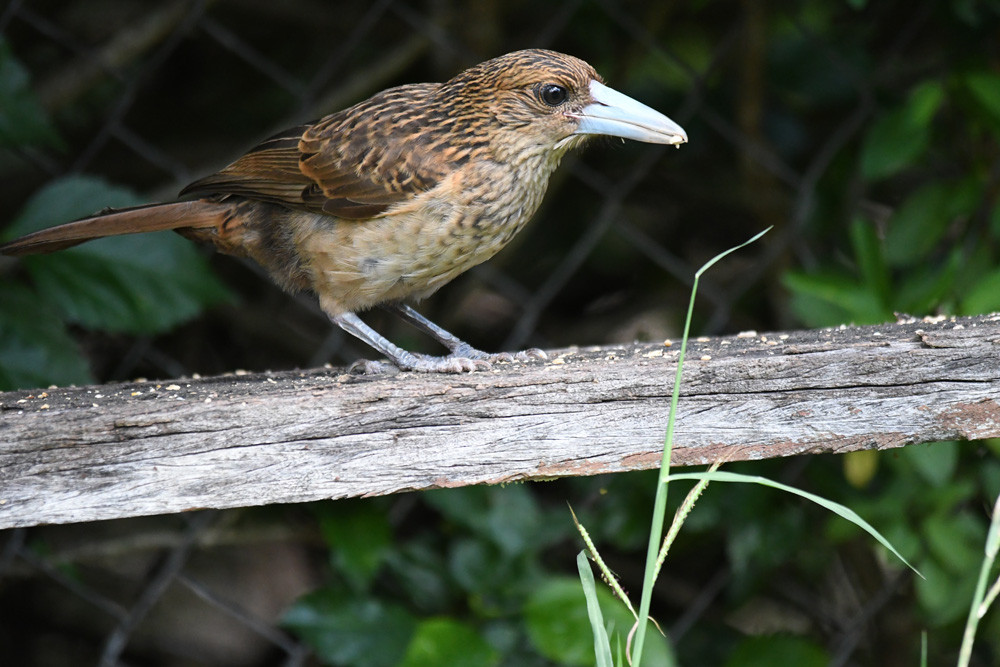Community & Business
11 November, 2022
Birds in the garden
Mareeba is blessed with an abundance of bird species that range from tiny silver eyes to thick-knees, magpie geese, waterfowl and even bustards that are attracted to water and food that many suburban gardens offer.

BY DICK EUSSEN
The dry season is hard on our wildlife, especially seed eating birds who must forage for food on the ground, much of which is burned off for ‘cultural’ and crop protection reasons.
Marsupials – bandicoots, quokkas, wallabies and kanga-roos also live in gardens and farms, as do rabbits and feral cats who are bolstered by na-tive animals that include liz-ards, monitors, snakes, frogs, possums, insect bats and flying foxes, marsupial rats and mice, echidnas and quolls.
All have been recorded, at least in my garden, which is only three kilometres from the post office.
Drought-like conditions prevail in the dry and while birds can fly to more favourable surrounds the furred creatures are restricted to the home grounds they share with humans.
Providing some food and water keeps them in your garden where you can enjoy nature at its best.
Finches, quail, doves and pigeons are the worst affected but with many favouring our verdant gardens we can help with water and food to sustain them during the long dry.
However, never feed them to the point where they become reliant on you to live, just enough to sustain them through the worse time of the seasons.
When conditions become favourable, they will leave on their own accord to feeding and breeding grounds.
Water dishes, fountains and garden sprinklers are ideal for attracting birds to your garden with food supplements, seed, cast-off greens and fruits added as an attraction for others, even meat for butcher birds and magpies that become remarkable trusting after only a short period, though they will prey on other species.
Planting native fruit trees at-tracts many species of birds, especially those that migrate from New Guinea to breed here - koels and channel-bill cuckoos.
Flowering scrubs are ideal as food for honey and insect eating birds, and it matters little if they are native plants or not, if they flower our native birds will feed on the blooms and the insects they attract.
Flowering plants attract butterflies and bees in the day and moths at night and bring lingering sweet smells to your garden.
It stands to reason that if you have a cat it will prey on all native species, no matter how house trained it is, as do some dogs, but most dog accept other animals if they are trained to do so.
There you have, plant some flowing plants, put a bird bath under a shady place, and some seed out for finches, doves and pigeons and enjoy nature as never before.
Dick Eussen is an international published author, outdoor writ-er/photographer and author of bestselling book, The Crocodile Coast – a novel set in Karumba


